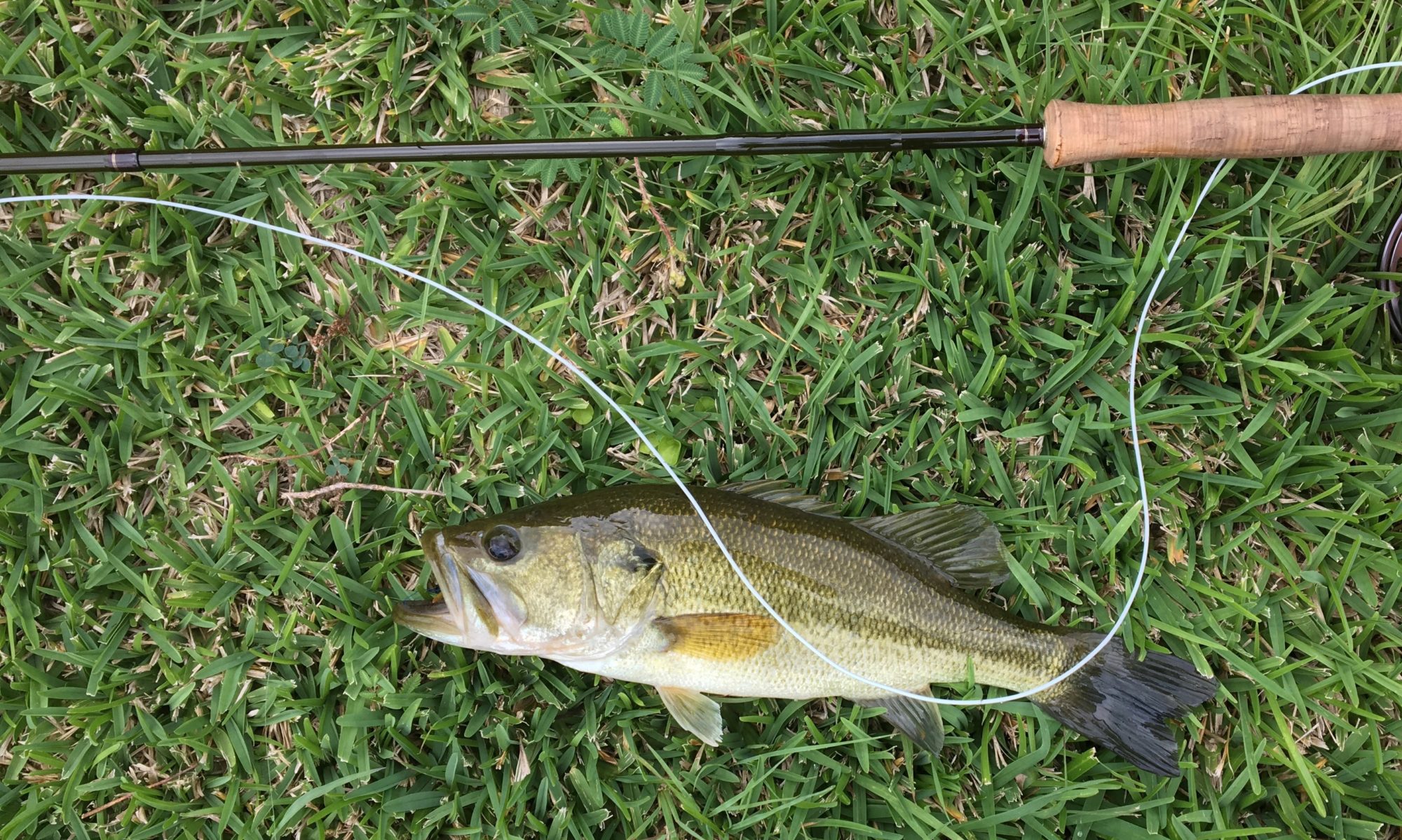General Jubilation T. Cornpone, from Li’l Abner, Paramount Studios, 1959.
Before we went to Vicksburg I listened to Jeff Shaara’s novelization of the Siege of Vicksburg, Chain of Thunder, because Vicksburg is a good place to think about the effect of the Civil War on the white South. The citizens of Vicksburg were besieged, starved, bombed. They lived in caves. They ate rats. From May 18 through July 4, 1863, the War was in their home, and if the War began for the defense of slavery it ended with the failure of that defense and other things besides: a deep and culturally inbred resentment of the invader, and conviction as to the superior virtues of the defeated. The misery of invasion still resonated in 1971 when Joan Baez’s cover of The Night They Drove Old Dixie Down was at the top of the charts. The Band’s version is pretty good too.
And notwithstanding the modern world the resentment and conviction probably aren’t done yet either.

From Twain’s Life on the Mississippi:
IN the North one hears the war mentioned, in social conversation, once a month; sometimes as often as once a week; but as a distinct subject for talk, it has long ago been relieved of duty. There are sufficient reasons for this. Given a dinner company of six gentlemen to-day, it can easily happen that four of them—and possibly five—were not in the field at all. So the chances are four to two, or five to one, that the war will at no time during the evening become the topic of conversation; and the chances are still greater that if it become the topic it will remain so but a little while. If you add six ladies to the company, you have added six people who saw so little of the dread realities of the war that they ran out of talk concerning them years ago, and now would soon weary of the war topic if you brought it up.
The case is very different in the South. There, every man you meet was in the war; and every lady you meet saw the war. The war is the great chief topic of conversation. The interest in it is vivid and constant; the interest in other topics is fleeting. Mention of the war will wake up a dull company and set their tongues going, when nearly any other topic would fail. In the South, the war is what A.D. is elsewhere: they date from it. All day long you hear things ‘placed’ as having happened since the waw; or du’in’ the waw; or befo’ the waw; or right aftah the waw; or ’bout two yeahs or five yeahs or ten yeahs befo’ the waw or aftah the waw. It shows how intimately every individual was visited, in his own person, by that tremendous episode.

There’s a strange statue in AsiaTown in West Houston, a larger-than-life bronze of a South Vietnamese infantryman in full battle gear walking side by side with a bronze American G.I., also in full battle gear. It’s the Memorial to the Army of the Republic of Vietnam. The statue is in a district where not long ago a Vietnamese city council member was defeated at least in part because he had accompanied a former mayor on a trade mission to Vietnam. He visited the Yankees. Sometimes it’s just hard to get over it. Ask the Scots or the Irish or any given Cuban in Miami. Go visit Napoleon’s Tomb. Visit Quebec. Not everyone’s a good loser.
Now mind, there is no defense of the Lost Cause, there’s no getting over the moral indefensibility of many of my ancestors going to war to defend slavery: to paraphrase Grant, pretty brave guys but man did their cause suck, and for black Americans it really sucked.

Beginning in the 1950s and 60s, with desegregation and voting and civil rights, our insights into the causes and effects of the War changed, or should have changed, not just in the South but the North as well. Maybe they did for some, but its symbols also became the symbols for a new conflict, or at least a refocused conflict carried over from the old. Notwithstanding that it was during the centennial of the War, I’m not buying that in 1962 Dixiecrats in South Carolina for the first time raised the battle flag at the state capitol because they got hyped up about history. I do suspect that a television show starring a Dodge Charger named the General Lee with a battle flag on its roof was dreamed up in Hollywood as a live-action cartoon, was innocent if naive, and that if anyone should be offended it should be white Southerners, but there you are: there are no longer any frivolous uses of that flag, and there are certainly no innocent uses. I may miss General Jubilation T. Cornpone in the Sunday funnies, but you can’t go home again.
* * *

Meantime we’re packing for Mississippi, and Saturday we drove to New Braunfels where I caught a nice rainbow on a red and black zebra midge under a flashback pheasant tail under a tan worm under some weight under a bobber, and I caught it right at the top of a run, right where it was supposed to be. Plus notwithstanding all that hardware I only got tangled twice. On the way out of town we ate at Krause’s, which has reopened and constructed a great beer hall next to the old restaurant. At our shared table we met a couple from New Braunfels with a place for rent in Arroyo City, on the Laguna Madre. Kris loves fishing the Laguna Madre. Unlike Florida I can catch fish on the Laguna Madre. She was ready to move to Arroyo City.























